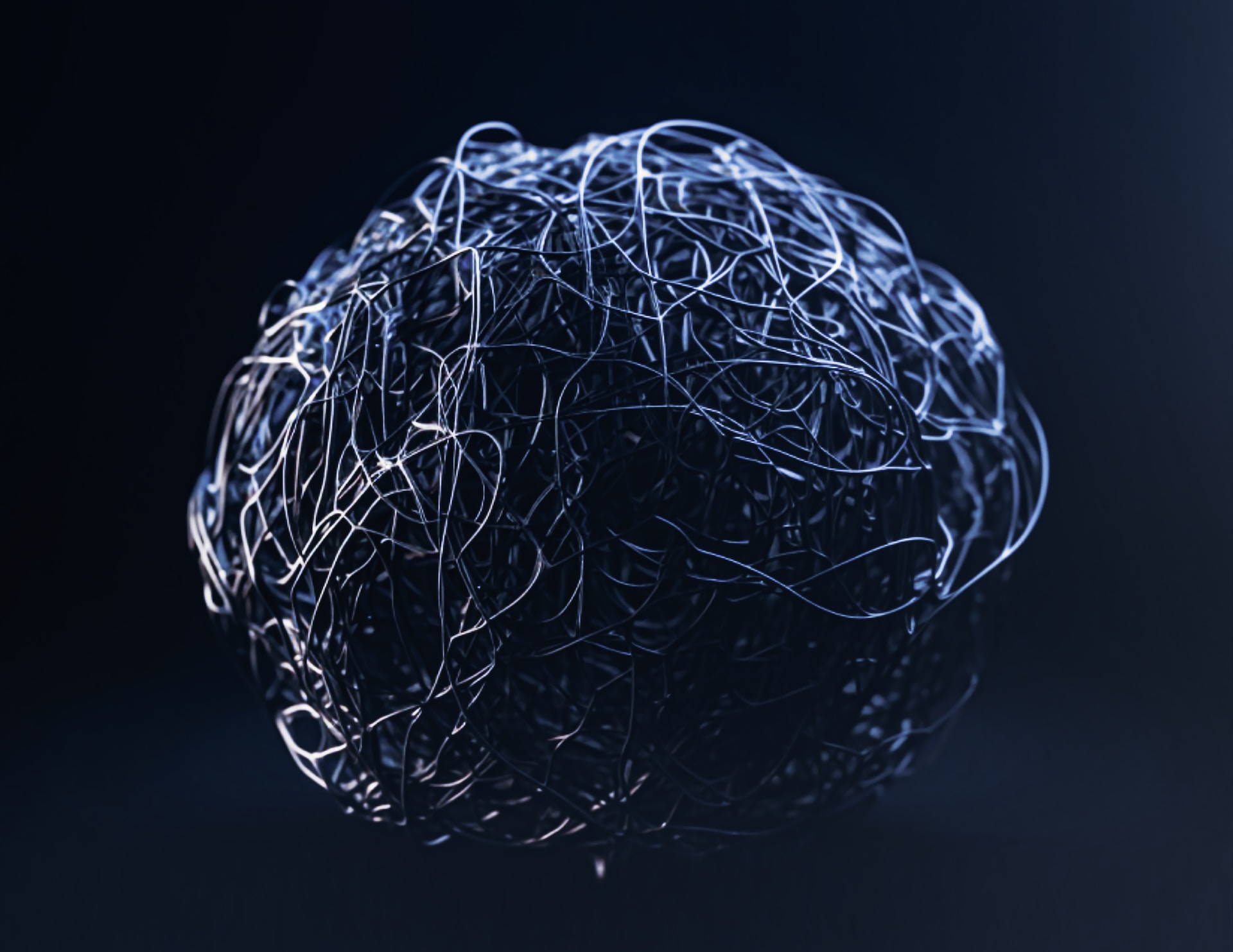
In the ever-evolving landscape of technology, Artificial Intelligence (AI) continues to be at the forefront of innovation, reshaping industries and revolutionizing the way we live and work.
As we move further into the 21st century, it’s essential to analyze the current trends and make educated predictions about the future of AI, a field that promises groundbreaking developments. Let’s delve into the trends and predictions that are set to shape the future of Artificial Intelligence.
Exponential Growth of Deep Learning
Deep Learning, a subset of AI, has shown remarkable progress in recent years. With the advent of powerful hardware and sophisticated algorithms, deep learning models are becoming more complex and accurate.
Predictions indicate that this trend will continue, enabling AI systems to comprehend and process vast amounts of data, leading to significant advancements in areas like natural language processing and computer vision.
AI and Ethics
As AI technologies become more integrated into our daily lives, ethical considerations become paramount. Ensuring AI systems are unbiased, transparent, and respectful of user privacy is a growing concern. In the future, we can expect the development of robust ethical frameworks and regulations to govern AI usage.
Companies and researchers are likely to invest heavily in creating AI systems that are not only intelligent but also morally responsible.
AI in Healthcare
AI has the potential to revolutionize healthcare by enhancing diagnostics, drug discovery, and personalized medicine. Machine learning algorithms can analyze medical data to identify patterns and predict diseases, leading to early intervention and improved patient outcomes.
Additionally, AI-powered robotics could transform surgeries, making procedures more precise and reducing recovery times.
AI in Autonomous Systems
The future of transportation lies in autonomous vehicles, drones, and robotics. AI-driven systems enable these machines to perceive their surroundings, make decisions, and navigate without human intervention. As the technology matures, we can expect a significant shift towards autonomous transportation, revolutionizing logistics, delivery services, and public commuting.
AI-Powered Creativity
Advancements in AI are blurring the lines between human and machine creativity. From art and music composition to content creation and design, AI algorithms are becoming increasingly proficient. In the future, we might witness collaborative efforts between humans and AI, leading to the creation of unique and innovative works of art, literature, and media.
AI in Cybersecurity
With the rise in cyber threats, AI is becoming instrumental in enhancing cybersecurity measures. Machine learning algorithms can detect anomalies, predict attacks, and respond in real-time to security breaches. AI-driven cybersecurity systems will play a crucial role in safeguarding sensitive data and infrastructure, making it difficult for malicious actors to exploit vulnerabilities.
AI in Education
Personalized learning experiences are the future of education, and AI is set to play a central role in this transformation. Intelligent tutoring systems, powered by AI algorithms, can adapt to students’ individual learning styles and pace, enhancing their understanding and retention of information. AI-driven educational tools will empower educators and students, revolutionizing classrooms and online learning platforms.
In conclusion, the future of Artificial Intelligence is brimming with possibilities. The trends mentioned above indicate a trajectory towards a more intelligent, ethical, and integrated future. However, it’s essential to approach these advancements with caution, ensuring that the benefits of AI are accessible to all while mitigating potential risks.
As we stand on the cusp of a new era in technology, embracing the potential of AI responsibly will undoubtedly shape a brighter and more innovative world for generations to come.
 1 comment
1 comment







